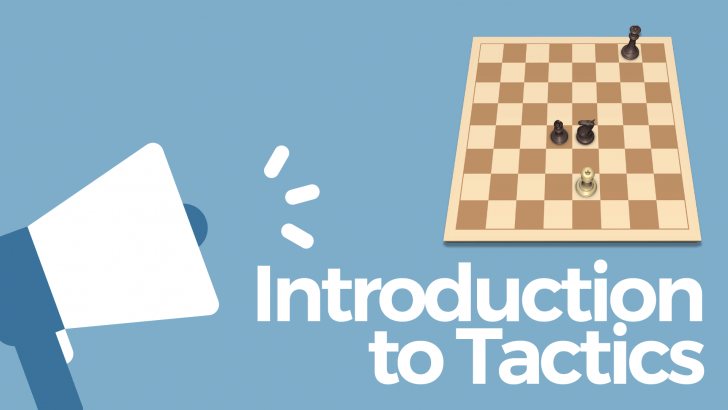Introduction to Tactics
Get ready for a tactical workout!
Are you ready to take your game to the next level? Then this course is for you! This module introduces you to the tactical tools of chess you need to reach the next level. This tactical workout will whip your game into shape!
Here is what you will learn:
- Practice forks!
- Work on pins!
- Spot discovered attacks!
- Checkmate your opponent!
